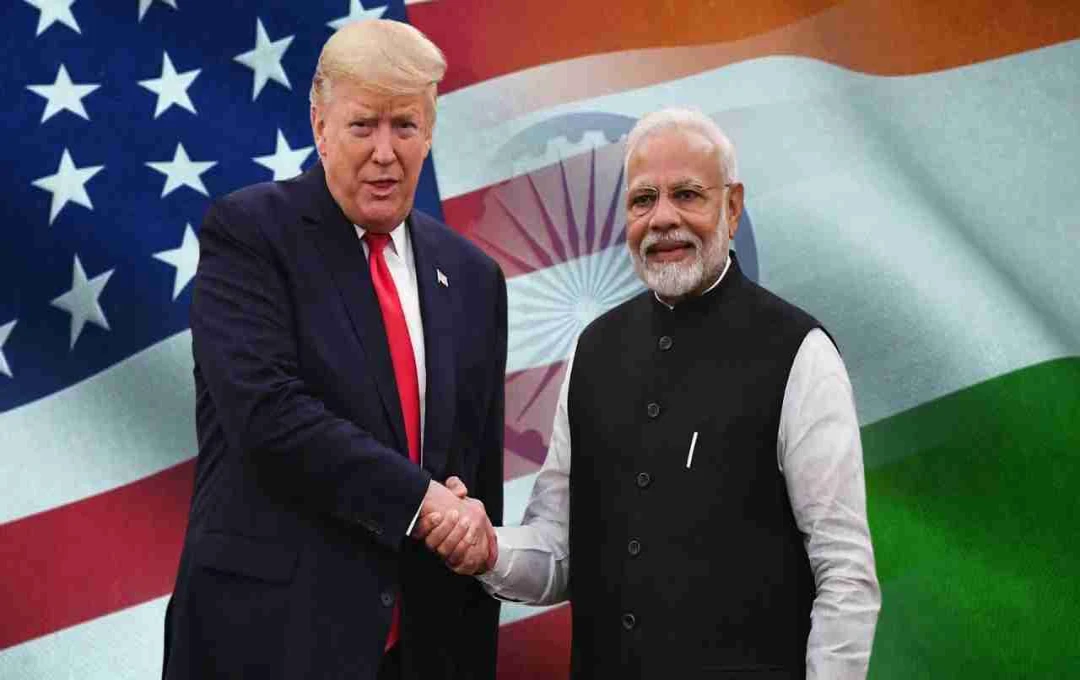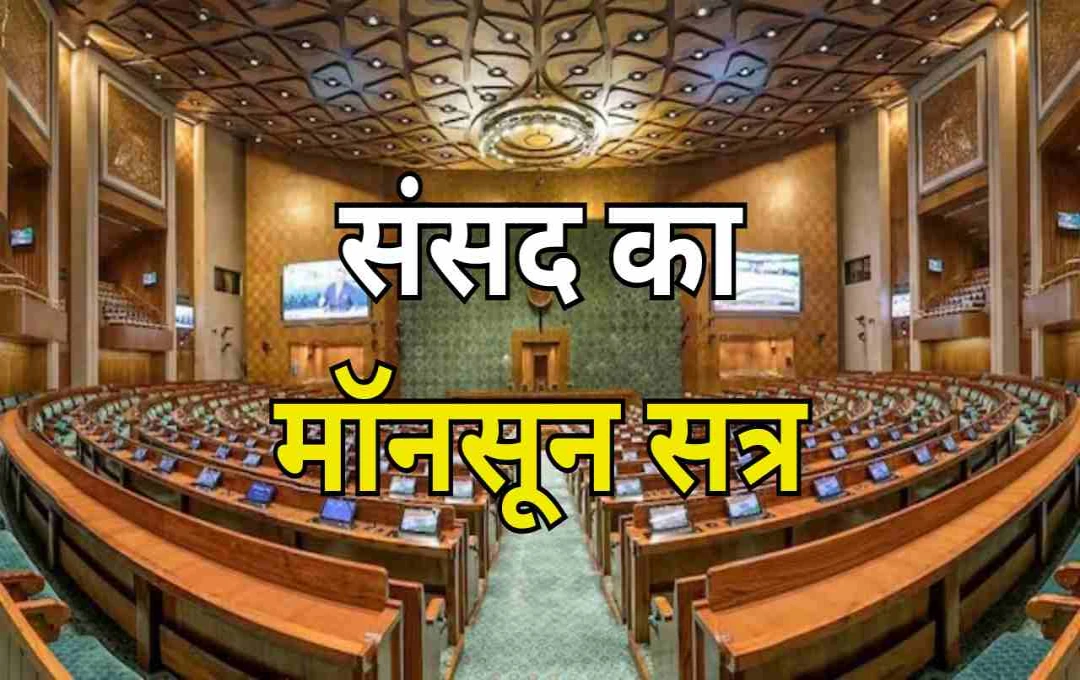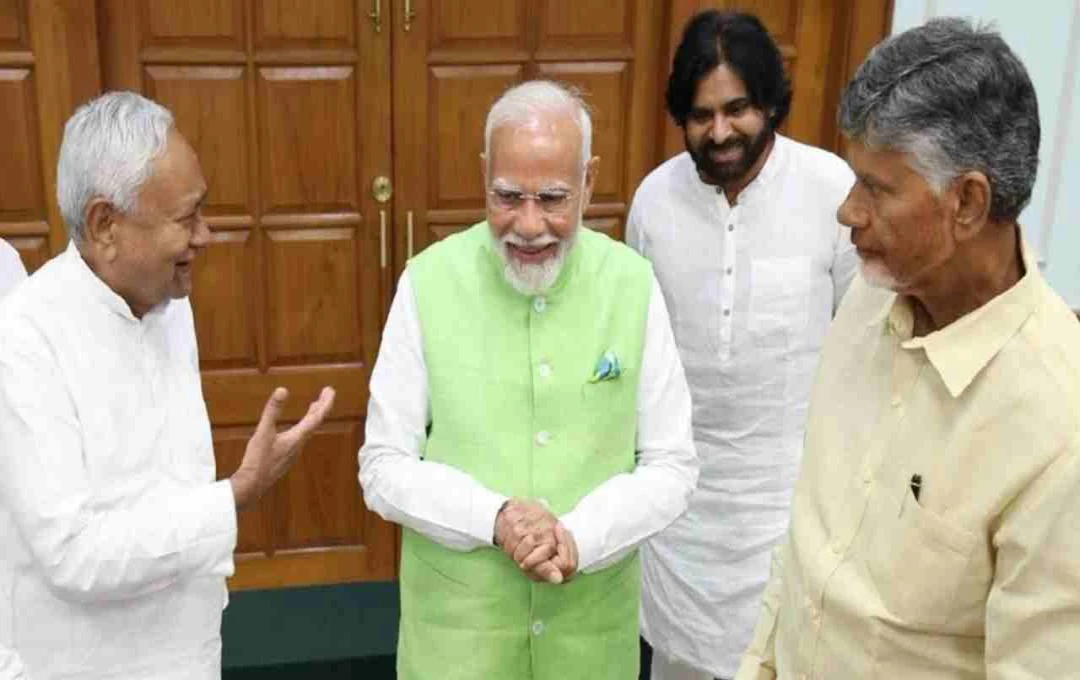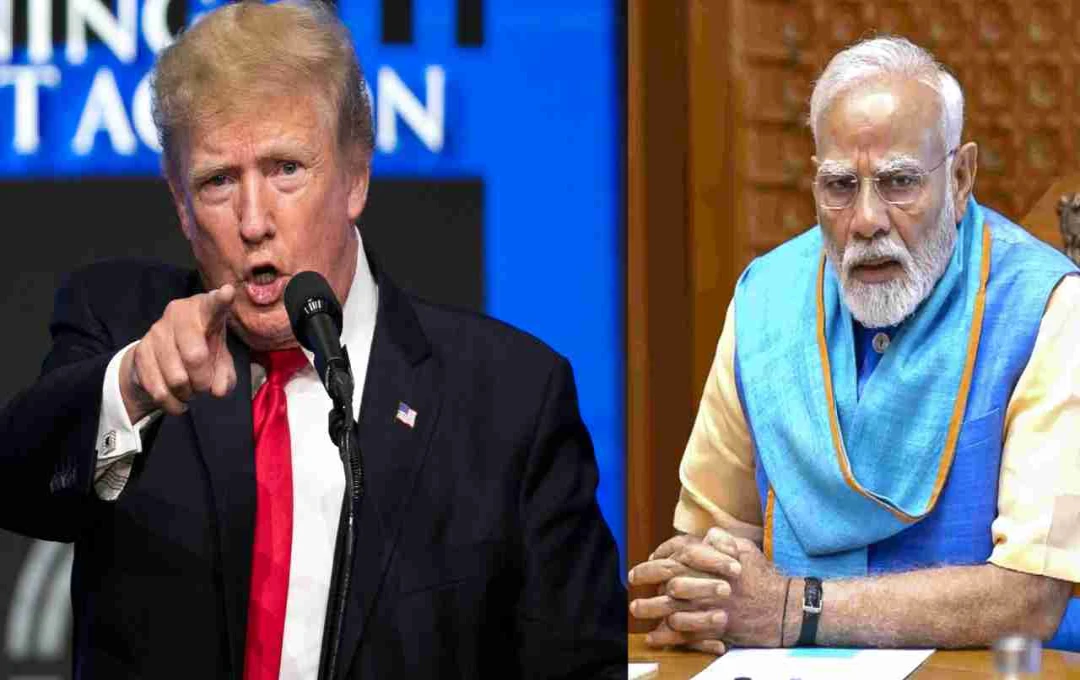Significant progress has been reported on the long-awaited trade deal between India and the United States. Sources indicate that both nations are rapidly advancing towards finalizing an interim agreement addressing tariff-related issues. The aim is to complete this agreement before July 9th, the deadline for the US to impose reciprocal tariffs on India.
Agreement Possible Before July
According to a Business Today report, India and the US are working on a preliminary agreement primarily covering tariff matters. This deal is expected to be finalized by July. Subsequent negotiations in October could then incorporate non-tariff issues such as technology, data storage, and e-commerce.
Key Indian goods under negotiation include textiles, leather, and jewelry. The US, on the other hand, anticipates lower tariffs from India on its products, including automobiles, electric vehicles, whiskey, and agricultural goods. Furthermore, the US seeks increased Indian purchases of oil and defense equipment.
Sensitive Sectors May Be Excluded
India aims to exclude sensitive sectors like dairy and agriculture from tariff negotiations. These sectors are crucial to India's domestic economy and farmers, prompting cautiousness regarding foreign intervention.
Ongoing Negotiations in the US
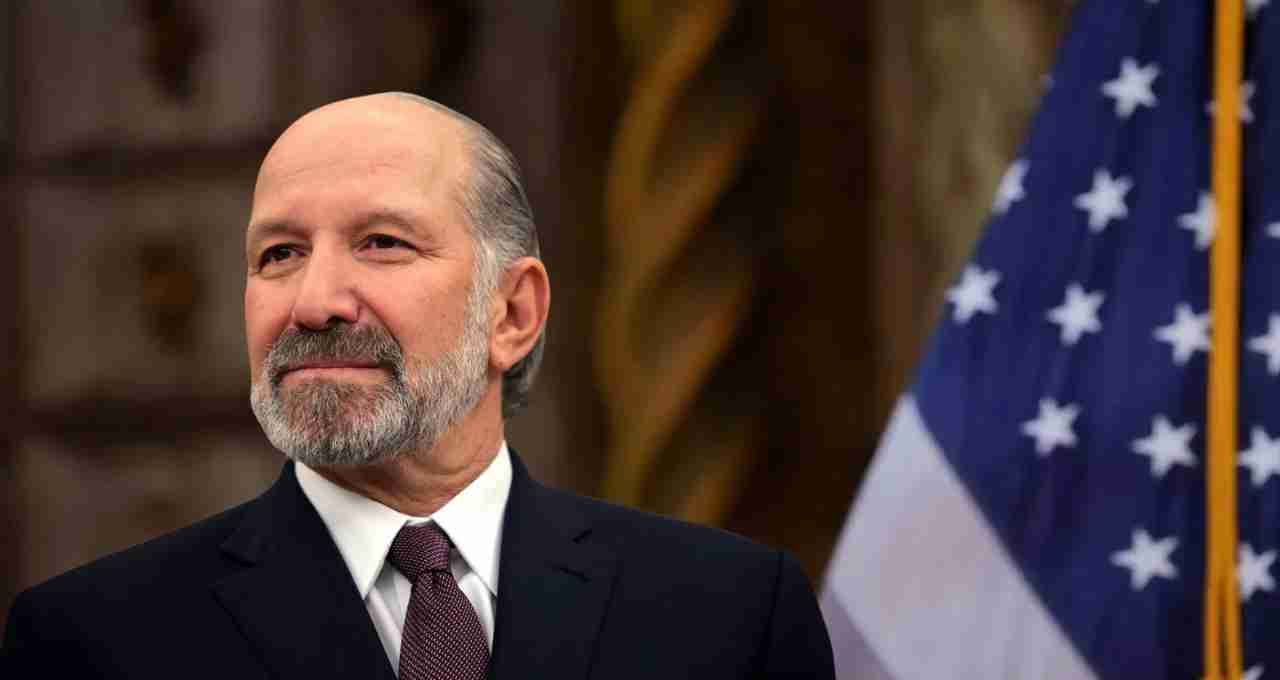
An Indian delegation, including Commerce Minister Piyush Goyal and Special Secretary Rajesh Agarwal, is currently in the US. Minister Goyal announced on social media that crucial discussions on the first phase of the bilateral trade agreement took place with Howard Lutnick.
The Indian negotiating team is scheduled to return to India on May 23rd, with efforts underway to finalize the deal before then.
US Tariff Plan on India
Under its reciprocal tariff policy, the US had initially imposed a 26% duty on India but later granted a 90-day exemption, expiring at midnight on July 8th. India seeks to finalize the agreement before this deadline to avoid these higher tariffs and protect its major export market. It's noteworthy that the US is India's largest trading partner, with bilateral trade totaling $131.84 billion in the last fiscal year.
